- Meets high architectural and engineering demands.
- The efficient processing reduces installation time by approx 20% compared to clamping profiles.
- No stiffening of the construction required – replaces wind bracings or steel structures.
- The inner glass pane of the insulating glass takes over the stiffening of the construction.
- Low thermal conductivity by using fiberglass instead of aluminum.
- Silicone weather joints allow plain and uniform facade surfaces.
- Pending approval for construction licensing.
FASCO® Facade system
Description
FASCO® Facade system
Two possible applications with FASCO®:
Non-load bearing fixed glazing without the restriction of the glass dimension for 60 mm visible width of the stud.
Load-bearing structural glazing for building reinforcement with an 80 mm width of the stud.
(According to the KNAPP® manual, certification pending from the German Construction Institute.
Window and door openings can be integrated flush with the façade.
The high-quality gluing between the glass and FASCO®-Profile by certified and authorized personnel is essential.
Requirements for buildings and geometry of the HGV element – FASCO® profile (load-bearing)
The following points are based on the KNAPP® manual, which is published by Holzforschung Austria. It is for the use of wood-glass composite elements with a structural-bearing function. Non-bearing fixed glazing is not subject to any of these requirements!
- The floor height of fixed glazing.
Max. two floors can be reinforced with the structural glazing.
Different formats of the glass elements are permitted; the narrowest and widest glass elements are dimensioned.
The maximum length of the glass edge of the glass element is: 3.5 m
Minimum length of the shorter glass edge of the glass element: 1.0 m
Ratio length to height of the element: L: H = (1:1) to (2:1)
Bonding with tested 2K-silicones (SSG)
Glass panes – FASCO® profile (load-bearing)
- Float glass, TVG or VSG according to building requirements.
2- or 3-pane insulating glass with supporting edge joint must be made according to EN 13022-1.
The fall protection (emergency stop) must be carried out by means of mechanical brackets (in accordance with building regulations).
The load transfer of the glass weight is carried by a mechanical bracket that is installed under the glass pane center.
Features and advantages:
Our profiles made of glass-fiber-reinforced plastic meet the highest architectural and engineering demands through statically load-bearing glazing. Large, up to two stories, glass façades can be done without any additional reinforcement.
- The slim look of the post provides architecturally sophisticated structures.
- The efficient assembly reduces the installation time by approx. 20% in comparison to common solutions.
- No reinforcement necessary – replaces wind or steel structures.
- The inner pane of the insulating glass takes over the building reinforcement.
- Low thermal conductivity by using glass-fiber-reinforced plastic instead of aluminum.
- Scientifically proven performance (2001-2008)
- Silicone weather joints allow even façade surfaces.
- Pending building certification.
Become a partner
Become a partner and profit from the advantages of this innovative glazing system.
Installation Photos
Videos
You must be logged in to post a review.

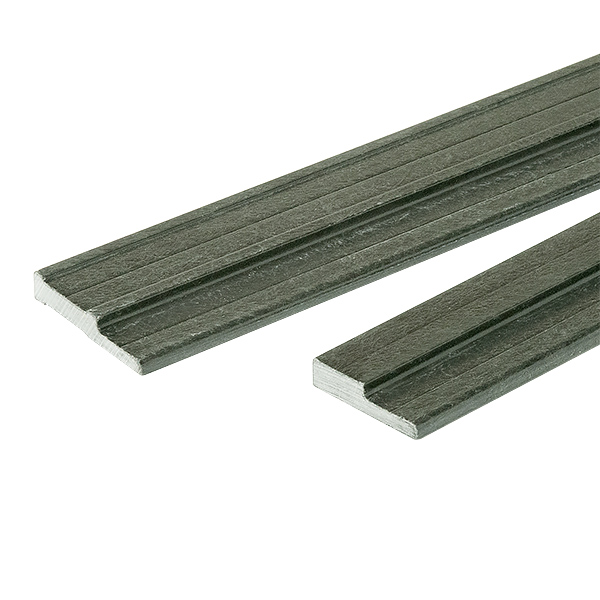
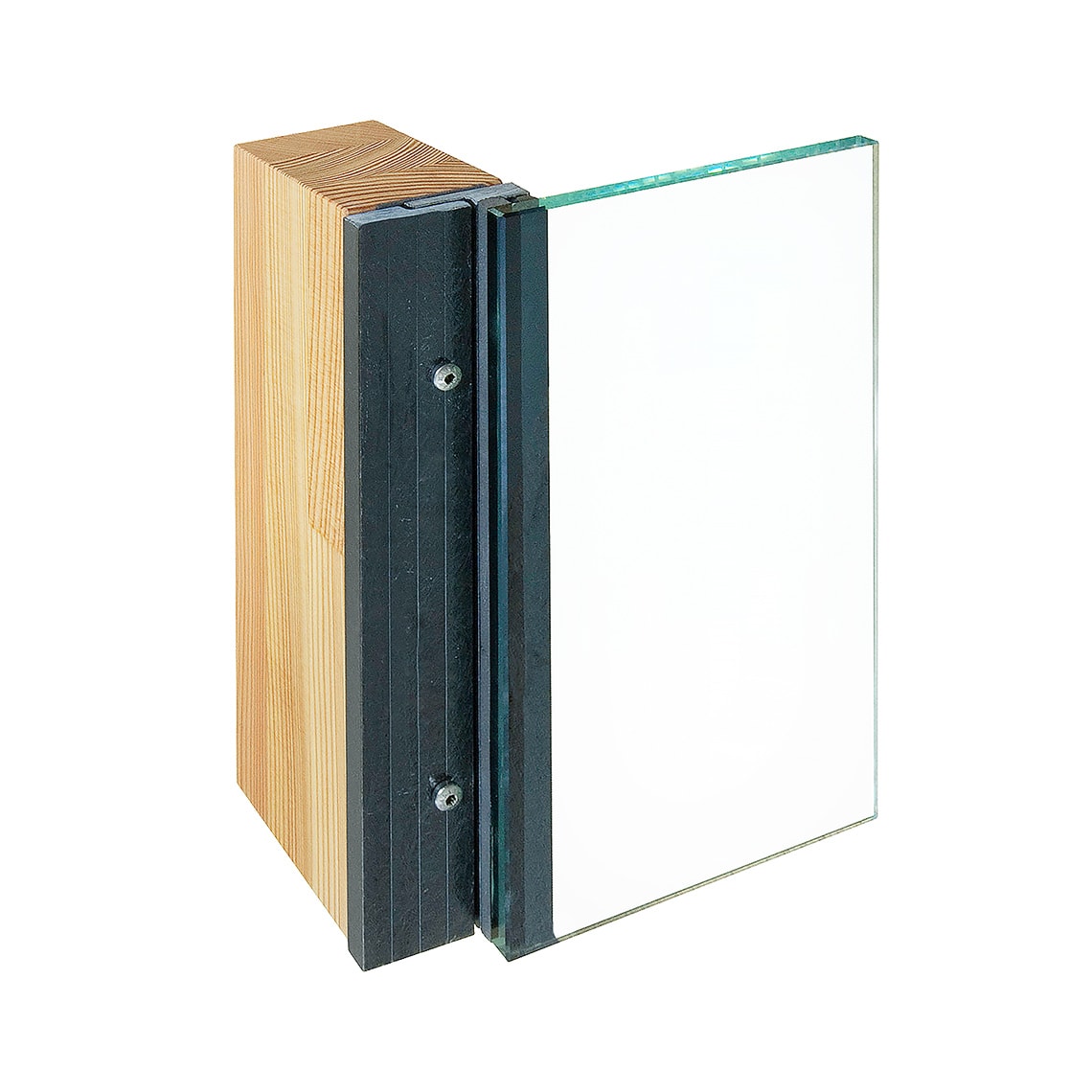
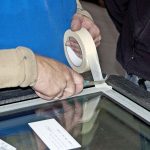
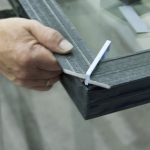
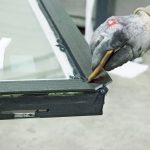
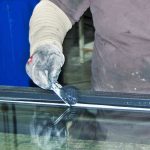
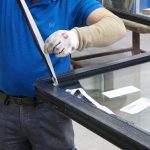
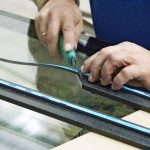
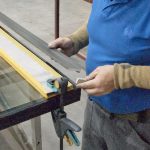
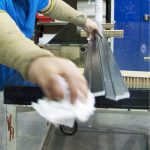
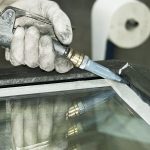
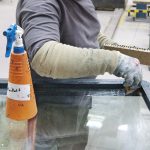
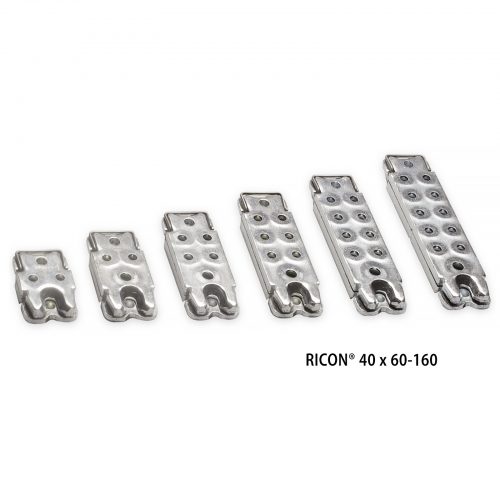
Reviews
There are no reviews yet.